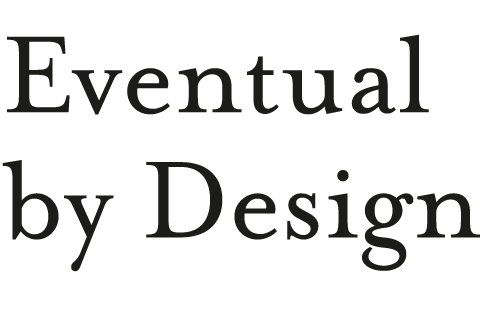A city’s ability to remain competitive can be undermined by a wide range of risks—from climate change and infrastructure deficits to unplanned urban growth and pandemics. In response, urban resilience has become a key priority on the global agenda, recognised as essential within the United Nations’ Sustainable Development Goals. But how can cities meaningfully achieve it?
Supported by The Rockefeller Foundation and developed by Arup, the City Resilience Index (CRI) offers a new approach to understanding and championing resilience in urban environments. Designed as both a planning and decision-making tool, the CRI enables cities worldwide to assess their resilience and identify strategies that deliver long-term value for their citizens.
The framework was developed over five years through extensive research and collaboration with cities across the globe. With a broad and diverse audience in mind, one of the key challenges was translating complex data into a visual system that is accessible—even to those with limited English proficiency. The result is a flexible, practical tool that helps decision-makers unlock the “resilience dividend”: the social, economic, and environmental benefits of investing in a more resilient future.
Learn more about the City Resilience Index here:
